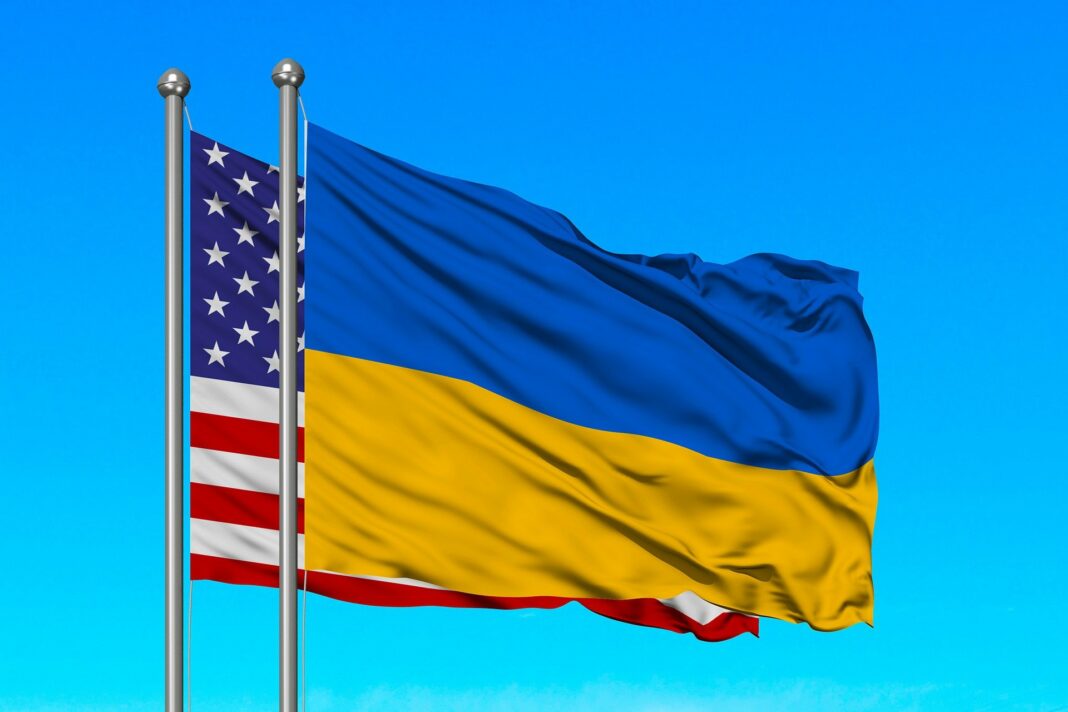Germany’s Foreign Ministry has confirmed that Chancellor Friedrich Merz played a decisive role in reshaping U.S. President Donald Trump’s stance toward Russian President Vladimir Putin. The statement comes after reports surfaced that Merz personally intervened through diplomatic channels, helping to realign the former president’s view on Russia’s war in Ukraine.
German Foreign Minister Johann Wadephul told Bild that Merz had “a direct and important impact” on Trump, particularly through a confidential phone call earlier this month. The outreach reportedly occurred ahead of a high-level meeting at the G7 summit in Canada, where Merz and other European leaders urged stronger U.S. engagement in Ukraine.
“The chancellor made clear to President Trump that Ukraine needs U.S. support now — not later,” Wadephul said. “That message, paired with Germany’s commitment to fund missile systems directly, appears to have registered.”
According to reports from The Wall Street Journal, Merz offered to finance the transfer of U.S.-made Patriot missile systems to Ukraine through Germany’s defense budget. That proposal was reportedly instrumental in convincing Trump to resume previously halted arms shipments.
Trump had faced mounting criticism in June after suspending certain aid deliveries to Kyiv. But following Merz’s call — and graphic images from recent Russian strikes in eastern Ukraine — Trump reportedly told aides he felt misled by Putin.
On July 14, Trump approved a new shipment of Patriot systems and long-range drones to Ukraine, funded entirely by NATO allies. He made the announcement during a press appearance in Washington, signaling a broader policy reversal.
The German Foreign Office described this as a “turning point” in U.S.-Europe cooperation on Ukraine. “The conversation between Merz and Trump helped reestablish transatlantic unity at a critical moment,” Wadephul said.
Merz’s involvement was part of a wider diplomatic campaign among European leaders, including France’s President Emmanuel Macron and the UK’s Prime Minister David Lammy. All three pushed for direct engagement with Trump ahead of the NATO summit in Washington later this month.
European sources told WSJ and Omni that this “charm offensive” was aimed at deterring Trump from softening his position on Russia and to ensure continued Western support for Ukraine’s defense.
Aides close to Merz said the chancellor views maintaining U.S. military involvement — even indirectly — as essential to containing Russian aggression and preserving European stability.
The move has wide-ranging geopolitical implications:
- For Ukraine: The resumption of U.S. weapons shipments strengthens Kyiv’s defense just as it braces for renewed Russian offensives.
- For NATO: Germany’s offer to fund missile systems reflects a shift in burden-sharing and signals growing European leadership within the alliance.
- For U.S. foreign policy: The episode underscores the influence that personal diplomacy and transatlantic partnerships still hold in shaping American strategy.
As of Sunday, the White House had not officially commented on the extent of Merz’s influence but confirmed that additional weapons systems were en route to Ukraine.




